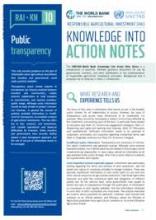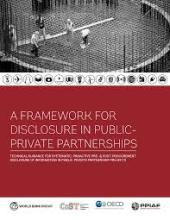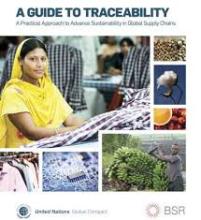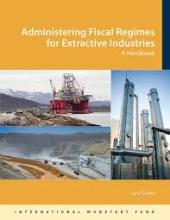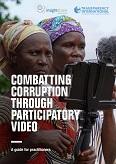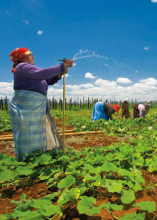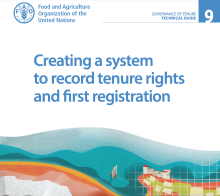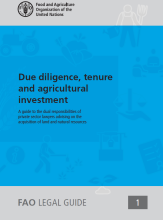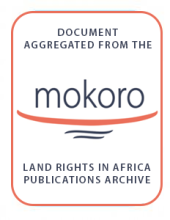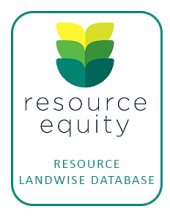Resources for Transparency & anti-corruption
10 - Public Transparency - Responsible Agricultural Investment (RAI): Knowledge into Action Notes series
This note is part of an Action Notes series and provides guidance for governments and companies on the type of information about agricultural investments that they should make publicly available.
A Framework for Disclosure in Public-Private Partnership Projects
This framework provides guidance on policy and practice in public-private partnerships and on the mechanics of disclosure by practitioners within governments and the private sector, to help develop programmes for the systematic, proactive pre- and post- procurement disclosure of information.
A guide to traceability: A practical approach to advance sustainability in global supply chains
This guide provides companies with an overview of the importance of traceability for sustainability purposes, outlines the global opportunities and challenges it represents and summarises practical steps for implementing traceability programmes within company operations. It
• defines traceability and explores its history, benefits and challenges, including an overview of current collaborative schemes on traceability,
• demonstrates a model for best practice in traceability, and provides an overview of the different models of traceability and the global initiatives operating in the arena, and
• provides guidance to companies around the world, large and small, on how to effectively engage in traceability.
Administering Fiscal Regimes for Extractive Industries : A Handbook
This handbook provides policymakers and officials with practical guidelines to establish a robust legal framework, organization, and procedures for administering revenue from extractive industries. It discusses transparency and how to promote it in the face of increasing demands for clarity, as well as how countries can strengthen their managerial and technical capacity to administer these revenues.
Combatting corruption through participatory video: A guide for practitioners
This guide was developed to assist participatory video practitioners to undertake corruption-focussed projects and to encourage its uptake within the anti-corruption movement worldwide. Participatory video is a form of community media that engages citizens in the processes of investigating and documenting their circumstances, devising solutions and advocating for change. The videos produced can be used to establish communications between citizens and decision-makers, opening up new spaces for dialogue and opportunities for increased social accountability.
Community Development Toolkit
The ICMM has developed 20 tools to support mining and metals companies in promoting sustainable community development. These tools will also be useful to companies involved in other sectors. They offer practical guidance for every stage of the mining process from exploration, construction and operations, to decommissioning, closure and ultimately, the post-closure environment.These tools are accompanied by easy-to-use, step-by-step route maps, to help:
• Foster constructive working relationships between communities, companies and governments
• Build capacity within governments, companies and local communities to address sustainable development at local level
• Improve understanding of local community development processes
• Promote the potential of mine development and operation to add value to sustainable social and economic development
Creating a system to record tenure rights and first registration
This guide addresses the recording of tenure rights with the particular focus on creating a new system to record rights and recording rights in a system for the first time. It addresses the cases where the most appropriate approach is to create a new system to record those rights, and it provides practical advice on how rights can be recorded for the first time. This guide is accompanied by another guide that focuses on a different aspect of recording tenure rights: improving existing ways to record rights (Improving ways to record tenure rights).
Due diligence, tenure and agricultural investment. A guide to the dual responsibilities of private sector lawyers advising on the acquisition of land and natural resources
This guide examines the role and responsibilities of private sector lawyers when advising their clients on agricultural investments. It discusses how lawyers can prevent and/or address and mitigate adverse human rights impacts on holders of legitimate tenure rights when advising on or conducting their due diligence and risk assessment processes on behalf of their clients. It provides a number of key recommendations, including on how to align legal advice with the VGGT and CFS-RAI.
Follow the money. An advocate’s guide to securing accountability in agricultural investments
This guide is for organisations and individuals working to support communities whose land rights, lives and livelihoods have been negatively impacted by agricultural investments. It provides guidance on strategies for holding the actors involved in agricultural investments accountable for human rights violations and all sorts of malpractices, such as:
● Mapping investment chains
● Formal accountability mechanisms
● Complementary advocacy strategies
This resource is part of the CCSI’s Directory of Community Guidance on Agreements Relating to Agriculture or Forestry Investment.
Gender-Responsive Work on Land and Corruption: A practical guide - Gender-Responsive Work on Land and Corruption
This guide will help organisations understand the differences in impacts of land corruption on men and women, in order to design advocacy programmes that are both inclusive and effective.


